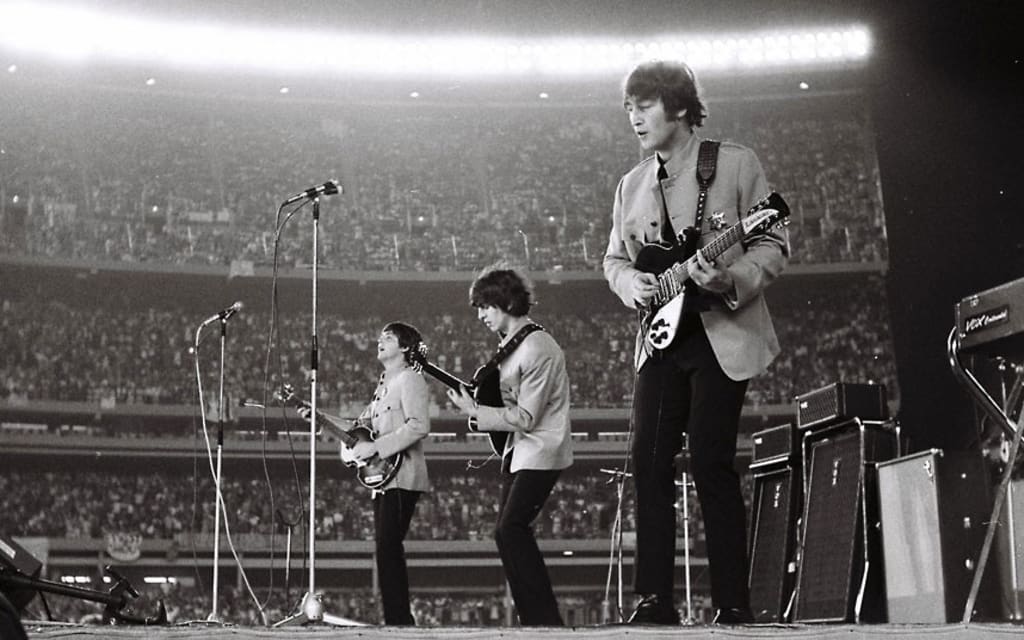For Decades, Beatles has salted his songs with social and political commentary . But this music has ended up pointed and continues

For decades, The Beatles have been celebrated not only as musical pioneers but also as cultural commentators. While the band initially captured hearts with upbeat love songs and catchy pop melodies, their evolution into more complex artists saw them increasingly infuse their music with social and political commentary. From the mid-1960s onward, The Beatles used their global platform to reflect on the state of the world, challenge authority, and encourage change — and remarkably, those messages continue to resonate today.
The shift became clear with albums like *Rubber Soul* (1965) and *Revolver* (1966), where The Beatles began to explore themes beyond romance. But it was *Sgt. Pepper’s Lonely Hearts Club Band* (1967) and *The White Album* (1968) that cemented their place as musical commentators on a changing world. Songs like “A Day in the Life” offered haunting reflections on violence and media sensationalism, while “Revolution” directly addressed political unrest and the complexities of radical activism. In these moments, The Beatles proved that they were not content to simply entertain — they wanted to make people think.
Perhaps one of the most potent examples of this was John Lennon’s solo work, especially “Imagine,” released after The Beatles disbanded. Though not technically a Beatles song, its influence is deeply rooted in the spirit the band cultivated. It calls for peace, challenges organized religion, and dreams of a world without borders — a sentiment that remains profoundly relevant in today’s fractured global landscape.
Paul McCartney, too, has consistently advocated for social causes, both during and after his Beatles years. Tracks like “Blackbird,” inspired by the American civil rights movement, and later solo work supporting animal rights and environmentalism, show how deeply embedded activism has been in their songwriting DNA.
George Harrison brought a more spiritual and global dimension to the band’s messaging. Songs like “Within You Without You” drew from Eastern philosophy and asked listeners to look inward to change the world. His 1971 benefit concert for Bangladesh was among the first major international music fundraisers, paving the way for artists to use their fame for humanitarian impact.
Even Ringo Starr, often seen as the group’s more lighthearted member, lent his voice to songs that subtly pushed back against social norms, as seen in “With a Little Help from My Friends” and “Don’t Pass Me By.”
What’s remarkable is that decades after their breakup, The Beatles’ music continues to feel vital. Their lyrics are still quoted in protests, their themes echoed in political speeches, and their ideals embraced by new generations. Whether calling for peace, urging revolution, or simply asking for empathy and understanding, The Beatles didn’t just write songs — they wrote statements.
In an age of social upheaval, climate crises, and polarized politics, The Beatles’ music reminds us that art can still be a vehicle for truth, unity, and change. Their legacy isn’t just in the number of records sold or stadiums filled — it’s in the courage to say something meaningful, and the enduring power of those messages in a world that still needs to hear them.
Be the first to comment